
Jul 07, 2020
Pride month may be over, but the fight for LGBTQIA+ recognition isn’t. In our Pride Spotlight series, we talk to LGBTQIA+ business owners, clients, and friends in an effort to strengthen visibility in the community and keep the conversation going even after the pride parties have ended.
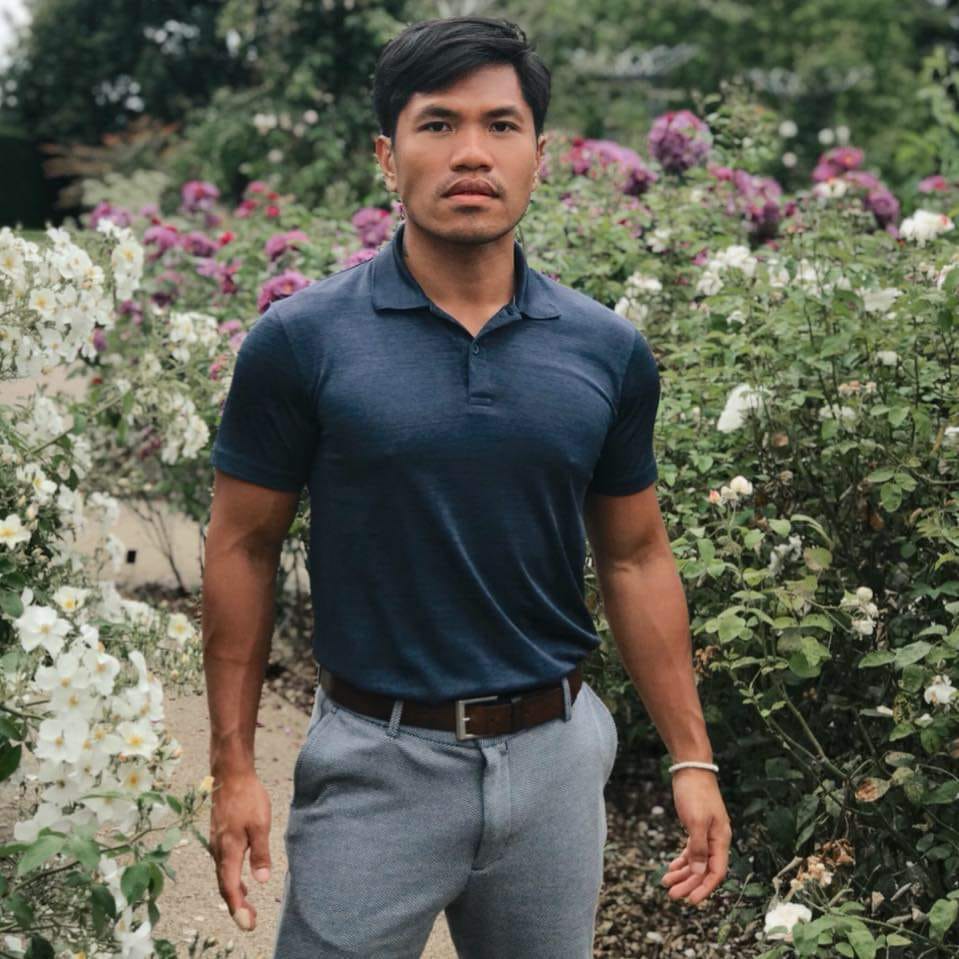
The idea of establishing a record store transpired in 2018, the following year I quit my job after a few years in the art gallery system. In the most straightforward sense it started with the trivial but all-important question—what do I do next? Top of mind was music.
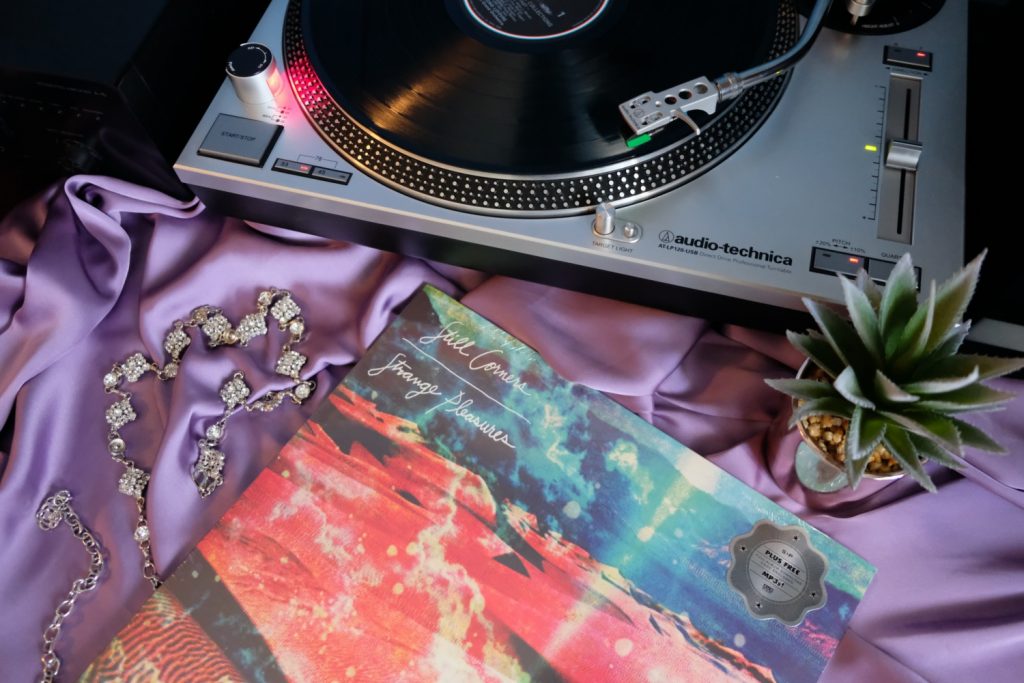
In hindsight, I could say that the trajectory of owning a record store was always there. Like many youngsters in the 2000s I started early as a consumer of pop music, collecting digital and physical copies from cassettes and CDs with my measly allowance—from the likes of pop princesses such as Britney Spears and Christina Aguilera, to pop titans like Madonna and Kylie Minogue. Music collecting was indeed one of the ultimate and earliest forms of stanning, this obsession eventually extended to vinyls. By 2019, Markarvin Records was fully operational, this was a time when commercial record stores were closing down left and right, CD sales were plummeting and digital music was surging. Needless to say, I do not know how I mustered the strength to go through with it at all. But the vinyl resurgence at that time provided a glimmer of hope, and, combined with a strong urge to do something for the community, it somehow happened.
The record store is mostly an answer to my questions as a consumer of music: why are they not carrying records that are queer adjacent? Are there stores that commit to represent the pink market?
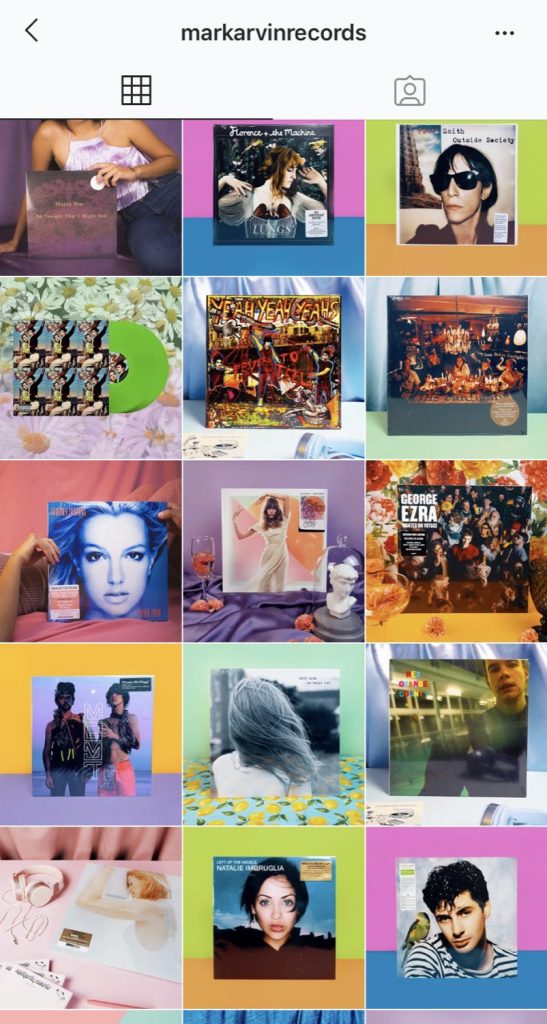
What we do in terms of the branding, language, and selections are on the whole a reaction to my queries in the perspective of a queer person collecting music. More than being a store, the aim is to create a virtual hub of acceptance and inclusivity and fill a gap in the scene with queer representation.
I was lucky to have been nurtured by very accepting parents and to the point that I didn’t think I had to come out because it was just really matter-of-fact all along. I was encouraged to be who I wanted to be indirectly, and I liked that a lot.
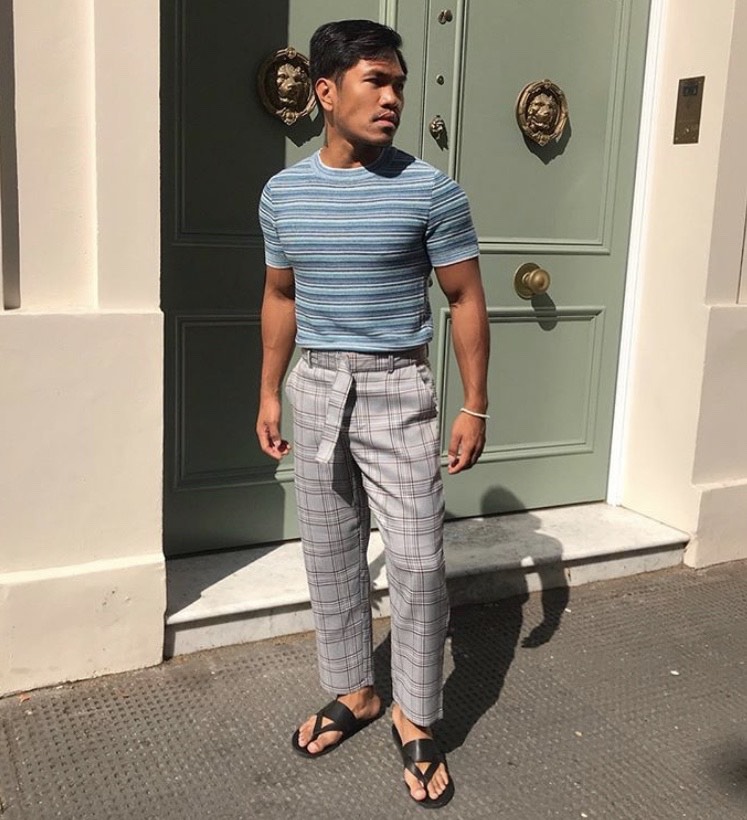
Every member of the LBGTQ+ has their own summation of their community. Based on my experience, Manila is quite the paradox, socially liberal but with policies across the country harboring a level of hostility to the community. The best thing about the community here is that it makes a home out of anywhere, with compassion, acceptance, and various forms of activism. I have witnessed this take place from the art scene, to gay clubs, small businesses, and even in politics. The world is opening up and beginning to accept our presence.
Absolutely, but luckily, not overtly. However, I have to say that the stage is already set for discrimination for all young LGBTQ+ individuals from the moment we are born. There will always be that ever-present heteronormative gaze hovering over us which measures one’s level of queerness, and whether this meets the socially accepted standard. Add to that the socio-political and religion-related pressures. The cold hard fact is, queer people impose this on each other as much as the rest of society. As a result, these structures morph into internalized homophobia which wreaks a whole lot of damage.
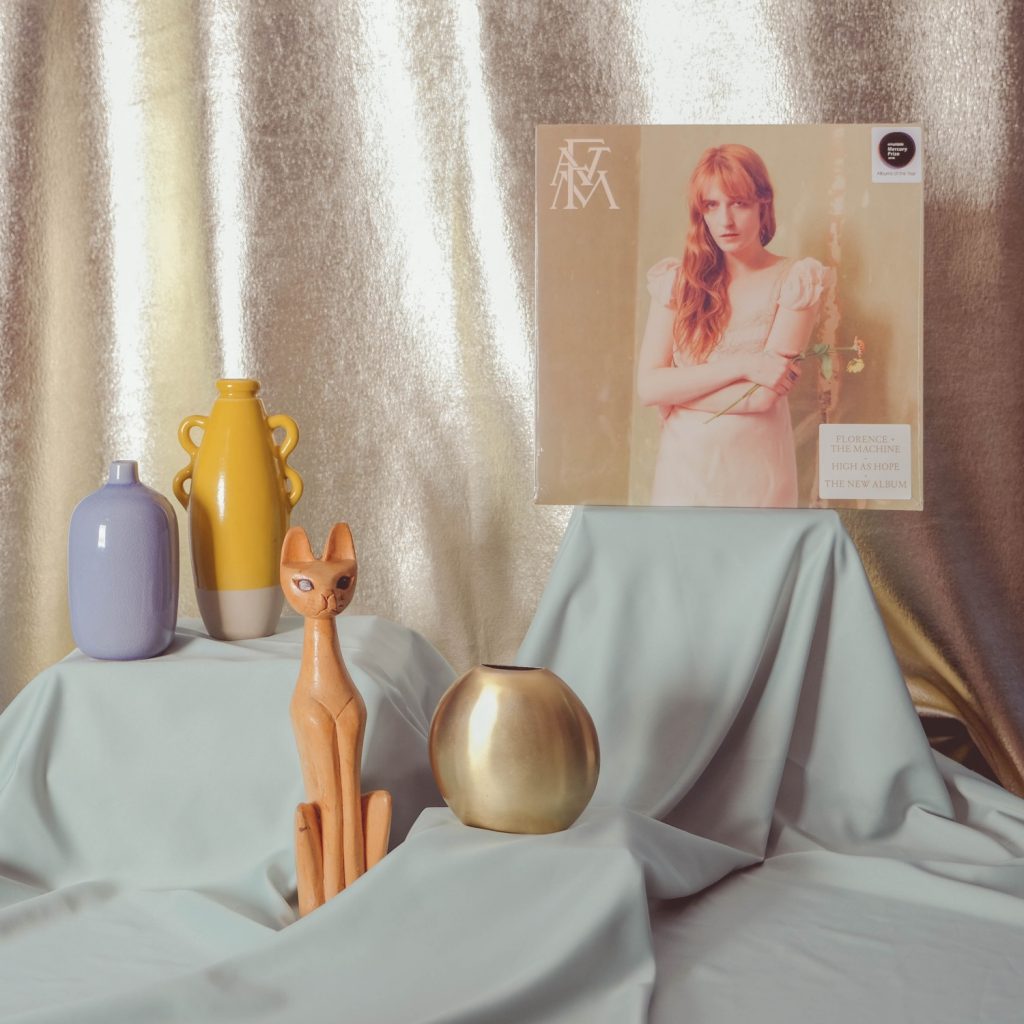
Yes, there were obstacles here and there, especially the internalized pressure of wanting to be a beacon of excellence compared to my straight colleagues. Again this harkens back to that omnipresent heteronormative gaze. My career path in the creative industry has somehow insulated me a little bit from these dynamics, as its ecosystem generally leans toward egalitarian structures. It is no secret that the LGBTQ+ community has benefited in the arts and creative industries and vice versa. These are spaces where our intellect and otherness are valued, and it has elevated the landscape with refreshing and potent ideas. But I will say this, inequality is a reality in all fields and is at the forefront of the queer collective experience. We have a long way to go before we can quash it, but we are doing it one step at a time.
I think it is great, it is a sign of the times that the tide has turned and LGBTQ+ bodies are being recognised and given value in society. I understand the criticism that alludes to using us as a pawn or trend and that more can be done in terms of celebrating the community beyond pride, but I will take every brand’s effort as a positive stride.
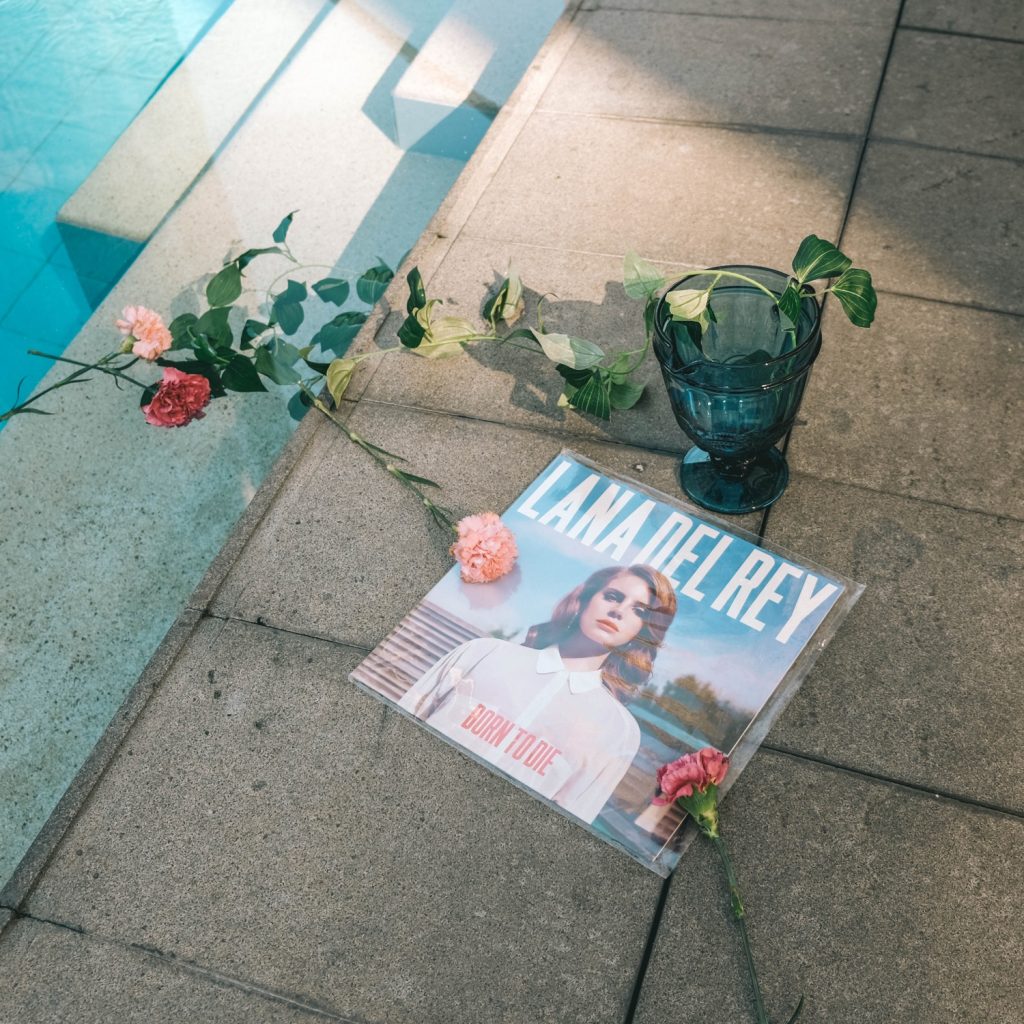
Yes there are countless hubs of acceptance that foster the community, but at the same time we can always do better. There are organizations and companies aplenty that project and do embody queer acceptance. But what we need are allies in political leadership and positions of power who are committed to meaningful change in policies regarding inequity and discrimination. Not to over simplify, but on the whole this is the key to creating safe spaces for the queer comminities and our allies as a whole. This, combined with the already immense grassroots activism that is already underway, is a great synergy for positive change.
Rather than sharing problems, developing and being part of the solution is more constructive. For example, aside from aiming for representation, identifying my record store as a queer-owned establishment, is, for me, one of the strongest forms of activism.
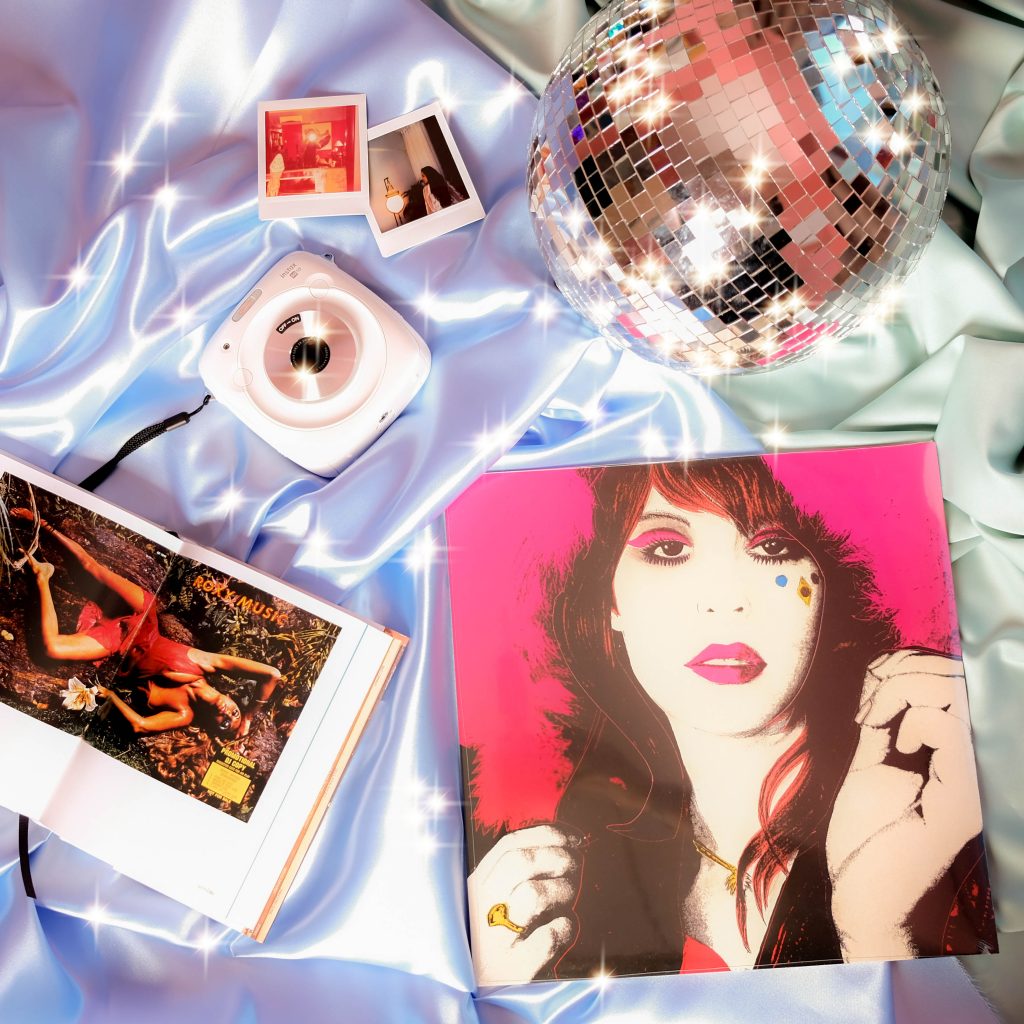
To be present as a queer entrepreneur in society and be proud of it is one of the highest expressions of pride for me. One issue we should be talking about regardless of whether we are taking up positions of power or selling records is how we can be forces of change. Having a seat at the table is something that women, LGBTQ+ and BAME communities have been fighting for for ages. In my own way, as a queer record store owner, I take it upon myself to take a seat at the table and I would encourage others to do the same.
Support Mark Arvin Records online on Facebook and Instagram.
Dot Digital PH is a digital marketing agency based in the Philippines. We offer social media marketing, web design and development, content creation, pay-per-click ads management, and digital marketing strategy and consultancy.